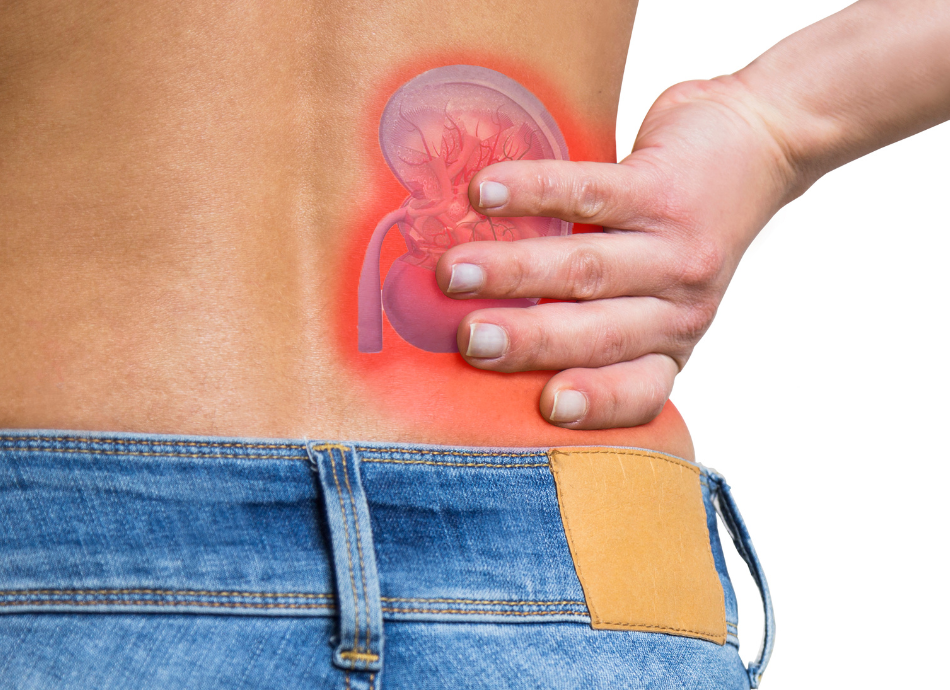Video: Understanding kidney disease (Kidney Health NZ, 2017)
Available in the following languages:

Low or no data? Visit zero.govt.nz, scroll down the page then click on our logo to return to our site and browse for free.

Available in the following languages:
Your kidneys filter and remove waste and water from your bloodstream. The 2 most common causes of kidney disease are diabetes and high blood pressure as they damage parts of your kidneys.
When your blood sugar is raised, it causes damage to many blood vessels in your body, including the blood vessels in your kidneys. About 1 in 3 people with diabetes will end up with some kidney damage. Diabetic kidney disease is also called diabetic nephropathy.
High blood pressure damages the small vessels that take blood to the kidney filters and can also damage the filters themselves. Read more about blood pressure and kidney disease.(external link)
You are at a higher risk of getting kidney disease if you:
CKD is called a silent disease because it often causes no symptoms. It is not uncommon to lose up to 70% of kidney function before developing symptoms.
The first signs may be general and can include:
One of the main ways kidney disease is diagnosed is by the presence of albumin in your pee (urine). Albumin is a protein found in your blood. A healthy kidney doesn’t let albumin pass from your blood into your urine. A damaged kidney lets some albumin pass into your urine. The less albumin in your urine, the better. Sometimes albuminuria is also called proteinuria.
Albumin in your pee is detected using a urine dipstick. Read more about albumin in the urine(external link). Having protein in your pee also increases your chance of having a heart attack, stroke and/or high blood pressure.
When kidney disease is detected early, changes to your lifestyle and what you eat can slow down the progress of kidney failure and prevent serious consequences. Kidney disease is classified into 5 stages based on how well your kidneys are working. Your treatment depends on what stage of kidney disease you have and what caused it in the first place.
Depending on your individual circumstances, treatment may include taking medicines to:
It could also include referral to a nephrologist (kidney specialist) or, in later stages, assessment for dialysis or kidney transplant.
Lifestyle changes can include:
Your healthcare provider may also talk to you about:
Here are some videos on exercising(external link) when you have chronic kidney disease from the Kidney Society. Read more about treatment options for chronic kidney disease(external link) and conservative treatment(external link).
You may find it useful to look at some Diabetes apps, Heart failure apps, Heart rate apps, Blood pressure apps, Kidney disease apps, and Nutrition, exercise and weight management apps.
It is important to prevent your kidneys becoming damaged further.
Kidney Health NZ has patient support centres(external link) around the country for people with kidney failure. These are run by trained volunteers who have experienced kidney failure in their own families/whānau, and who offer their time to talk and share stories.
Kidney Society Auckland
Information on Kidney Disease(external link) Kidney Health NZ
Diabetes apps
Heart failure apps
Heart rate apps
Blood pressure apps
Kidney disease apps
Nutrition, exercise and weight management apps
Webinar: Kidney health for all(external link) Dr Andy Salmon, Medical Advisor KHNZ
This presentation covers:
Updates on CKD detection, management & guidelines covering World Kidney Day 2023 key themes:
You can watch the video, answer questions and claim hours with a certificate. This video may take a few moments to load.
Chronic kidney disease by Carmel Gregan-Ford(external link) (Mobile Health, NZ, 2020)
Chronic kidney disease by Dr Chris Wood(external link) (The Goodfellow Unit, NZ, 2018)
Diabetes apps
Heart failure apps
Heart rate apps
Blood pressure apps
Kidney disease apps
Nutrition, exercise and weight management apps
Credits: Healthify editorial team. Healthify is brought to you by Health Navigator Charitable Trust.
Reviewed by: Dr Hari Talreja, Specialist Renal and Hypertension Services, Auckland
Last reviewed:
Page last updated: